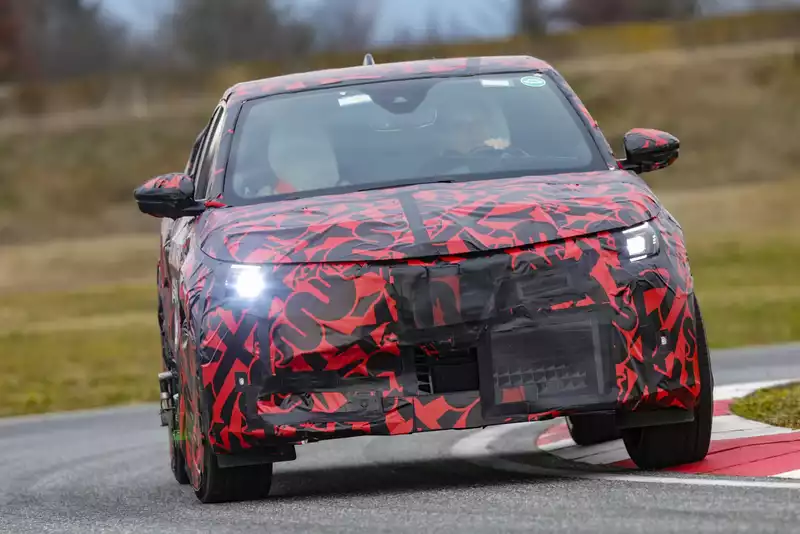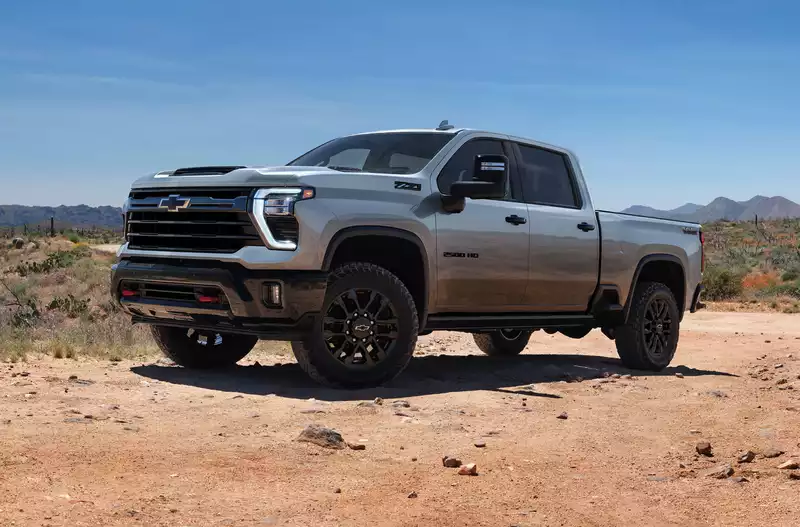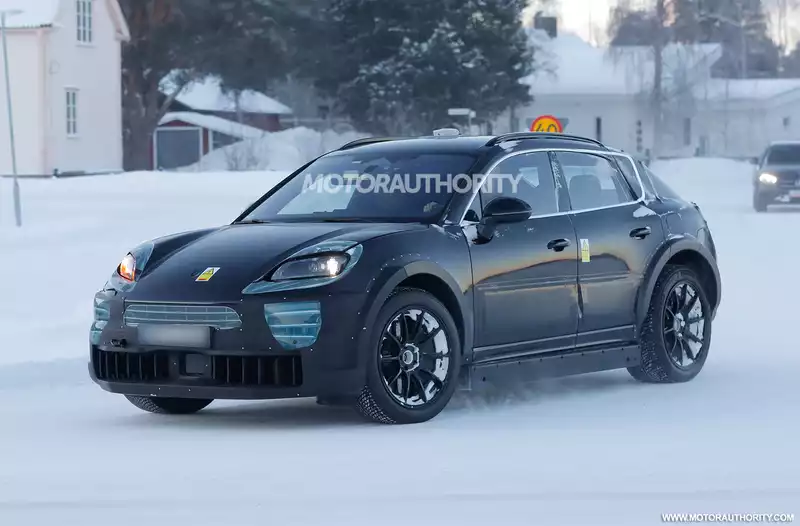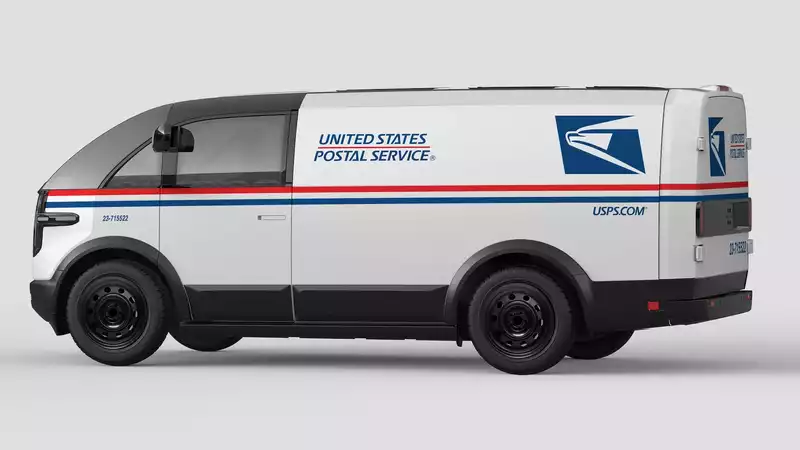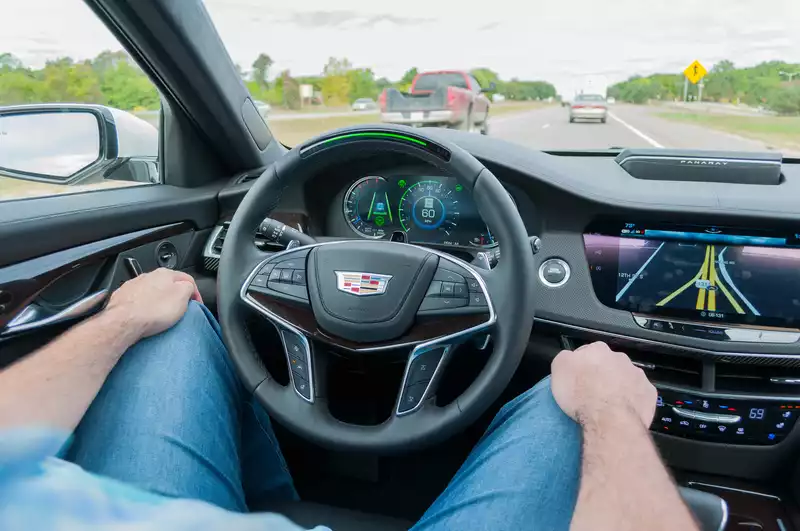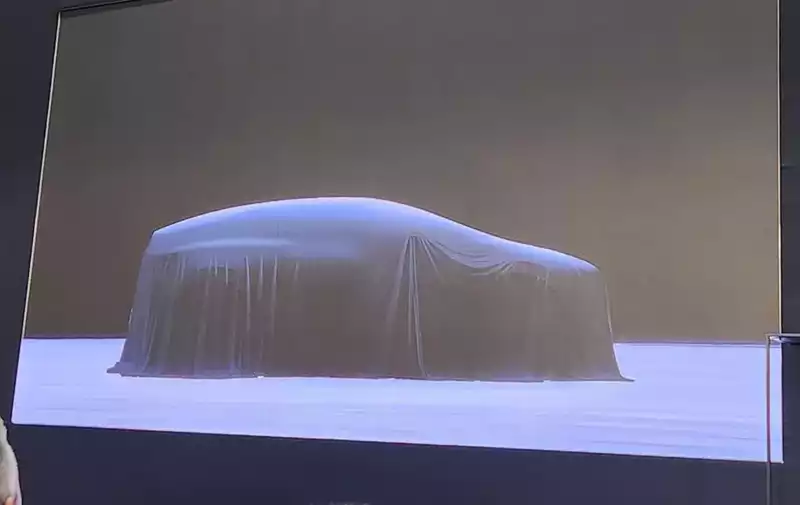Cruise Robot Taxi Service to Expand to Austin and Phoenix in 2022
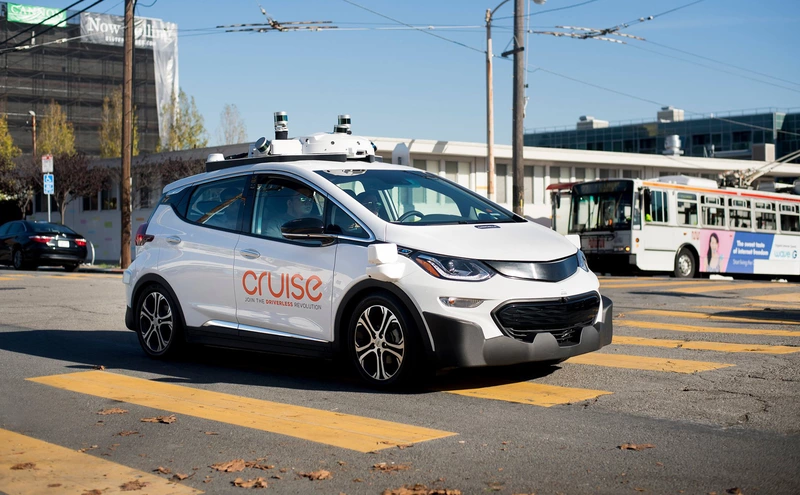
Cruise, a self-driving technology company majority-owned by General Motors (GM), plans to expand its fledgling robot cab service to two more U.S. cities before 2022 ends, CEO Kyle Vogt said Monday, according to Reuters, told a Goldman Sachs conference.
The Cruise cab service currently operates in San Francisco, where the company is headed, but will expand to Austin and Phoenix later this year, CEO Vogt said. Phoenix is where Alphabet rival Waymo's self-driving technology company has been operating its service for the past three years.
Vogt also said he expects Cruise to generate $1 billion in revenue as early as 2025, which is still about half of what GM invests in the company each year, according to Reuters.
Cruise began offering a public ride-hailing service in San Francisco in February and received permission to begin charging for rides in June. Cruise's service will also be rolled out on a limited basis in Austin and Phoenix, Vogt said.
Cruise currently operates about 70 cabs in San Francisco and plans to double or triple that number by the end of the year. The cabs are based on the Chevrolet Volt EV, but Cruise plans to eventually add a dedicated vehicle called the Origin.
It has not been smooth sailing for Cruise; in June, one of its cabs was involved in a collision and sustained minor injuries. The company subsequently recovered the vehicle and updated its software.
Cruise's automated driving system is ranked Level 4 on the SAE scale of automated driving capability. The ultimate goal is Level 5, where automated vehicles can operate at the same level as humans. Level 5 may be a decade or more away, but companies are already offering commercial services using Level 4 vehicles. Waymo One's service has operated successfully in Phoenix for the past three years and is currently being tested in San Francisco, while China's Baidu continues to expand its Apollo Go service in Chinese cities.
